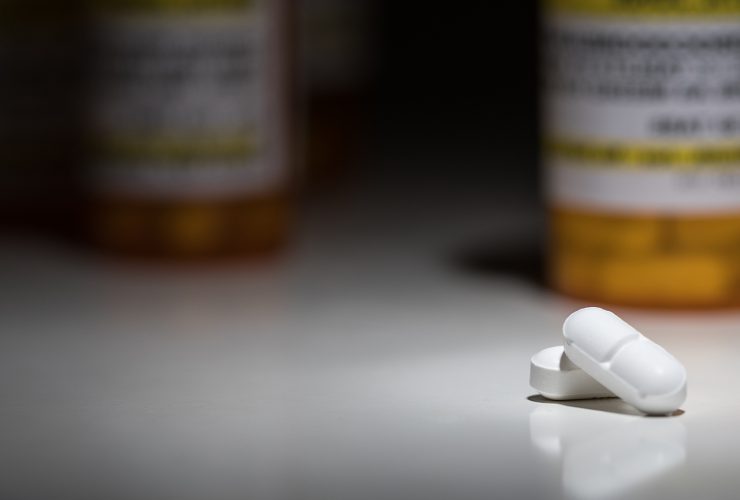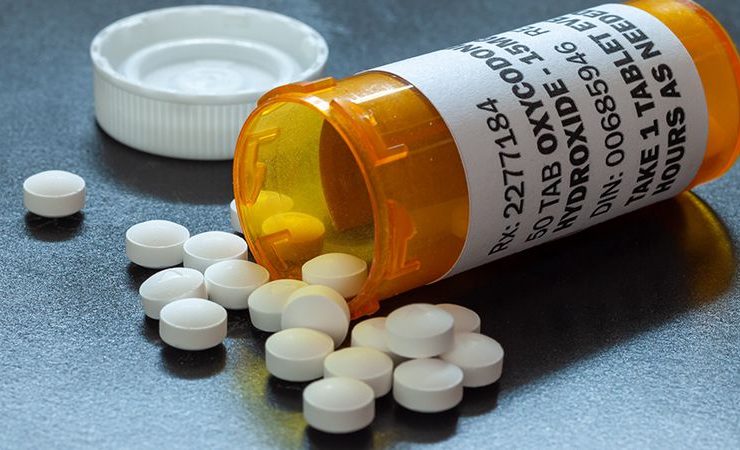How Opioids Turn Unwitting Patients Into Addicts
It isn’t unlikely to see opioid patients become addicts over time. You may then wonder why medical professionals prescribe opioids despite knowing their effects. The reason is not far fetched — they are trying to alleviate the pain the patient is going through. In brief, opioids generally help in relieving patients of severe pains.
However, some opioid patients become addicts after long term usage. Consequently, the body starts depending on opioids to function. On the other hand, long exposure to opioids is not the only reason opioid patients turn into addicts. In this article, we shall be discussing several risk factors that contribute to opioids patients becoming addicts.
Also, we shall explore the cause of opioid addiction and its effects. Perhaps more importantly, we will conclude with the different ways to help people suffering from opioid prescription addiction.
Opioids: Prescription, Effects and Addiction
Opioids are “addictive” substances that are prescribed by doctors to treat lasting or severe pains. Since the ’90s, there has been an increased use of the substance by doctors on patients. Research shows that this increase is due to a rise in the population of people living with long-term pain.
Also, it has to do with the fact that opioids are hugely effective at relieving pain. That said, opioids can come in pill form, lollipops, or via injections or even suppositories. Usually, when opioids are a part of your treatment, there’s a strict guidance procedure from your doctor.
However, over an extended period, it is possible for monitoring levels to drop. This is why the most common cause of opioid addiction is prolonged exposure to the drug. With prolonged exposure to opioids, your body adapts to the pleasure and comfort that comes with the drug. Hence, your body starts depending on the drug for survival.
To maintain comfort even after relief from the pain, you may have no choice but to start misusing opioids. This explains why people abuse opioids after long exposure to the drug.
That said, there are different types of drugs belonging to the opioid class. They include:
- Codeine
- Morphine
- Hydrocodone
- Oxymorphone
- Oxycodone
- Fentanyl
It is of utmost importance to note that all these medications are sold under brand names. Whichever brand you buy, you are still taking opioids.
Meanwhile, opioids have some side effects when taken as a prescription. These side effects will include:
- Nausea
- Constipation
- Sedation
- Vomiting
- Dizziness
- Delayed gastric emptying
- Sleepiness.
Also, there can also be some life-threatening side effects that can occur due to opioid overdose. They include:
- Slowed heart rate
- Loss of consciousness
- Shallow breathing
Related Article: Things to Know About Quitting Opioids
How Do Opioids Turn Patients Into Addicts?
Chances are that you will abuse opioids even under medical supervision. Most people set out to get treated in the hospital then inadvertently become opioid addicts. Here’s how it happens:
Physical pain management
When you are experiencing severe pain, a doctor’s natural response is to administer morphine. As morphine is a type of opioid, it helps to relieve pain too.
According to WebMD, morphine blocks the natural production of endorphins in the brain. Endorphins are just natural biochemicals in the body that act as painkillers. Administering morphine will replace the function of endorphins in the body.
After prolonged exposure to morphine during recovery, the brain naturally stops producing endorphins. At this point, you’ll become so dependent on morphine.
So, cutting off morphine usage will allow for withdrawal symptoms like:
- Dizziness
- Slurred speech
- Mood swings
- Poor coordination
- Constipation or vomiting
Consequently, you start taking opioids to fill in for the lack of endorphins. This is when you start abusing the drug. From here, it’s a straight line to opioid addiction and dependence.
Negligence of medical attention
Another way patients end up needing opioid addiction treatment is their negligence in regards to medical advice. As you recover from drug addiction or even when you get discharged from the hospital, the doctor may prescribe opioids as medications. Some health care centers even ensure that you come back regularly for a checkup.
They do this to keep track of the effects of opioid withdrawal that you may experience. But, most patients fail to return. Hence, they fail to manage their withdrawal symptoms. Consequently, this leads to opioid misuse.
Here are a few tips to follow:
- Always keep all doctor’s appointments.
- Take note of opioid-related effects and inform your doctor when you meet.
- Your doctor may tell you to stay off some activities. Ensure you follow this instruction judiciously.
- Never alter your prescriptions without your doctor’s notice.
- Never use someone else’s prescription.
Here is What To Do When Suffering From Opioid Addiction
Are you suffering from opioid abuse or know someone who needs prescription drug addiction treatment? This is for you.
Medication-assisted treatment
The most common way to treat opioid prescription addiction is through medication-assisted treatment. It involves the use of medication that can help patients control opioid addiction without becoming addicts.
A common medication is Buprenorphine. Buprenorphine helps to manage opioid withdrawal and dependence. Usually, it can be
taken alongside naloxone to prevent relapses. However, after buprenorphine has gotten rid of opioids in your system, you will get implantation of another form of buprenorphine. It is known as probuphine.
Additionally, methadone and clonidine can also help suppress opioid cravings too. But, we strongly advise that if you are treating prescription drug abuse, always have naloxone nearby. Naloxone is very effective in reversing an overdose.
Therapy and Counselling Sessions
Therapy sessions can help you understand the situations and conditions that trigger your opioid abuse. This way, you can develop strategies to counter them and possibly reduce the intensity of cravings. These counselling sessions for opioid addiction may be in the form of individual or group sessions max
Follow basic tips
Here is a list of things to help you manage opioid addiction and quicken your recovery process.
- Always store opioids in cool and secured places to prevent children from abusing the drug.
- Do not share your prescriptions as stages of opioid addiction differ.
- Be careful when disposing of opioids.
- Don’t alter your dose without your doctor’s knowledge.
- Ensure you know the effect of the forms of opioids before taking them.
- Prevent opioid overdose by avoiding its use with alcohol.
- Finally, ensure that you follow all the tips wholly.
Related Article: Here’s What To Expect During Addiction Treatment
Closing Thoughts
As effective as opioids are in treating pain and some forms of drug addiction, they can turn patients into addicts. Opioids affect your body system and allow for dependence on the drug. Most times, patients are not aware of this and keep abusing the drug. However, there are ways to treat opioid addiction effectively.
In this article, we discuss an effective way to manage opioid addictions. We discussed methods like medicated-assisted treatments and counselling sessions. To avoid opioid overdoses, you mustn’t take opioids with alcohol, benzodiazepines and barbiturates.
Finally, we do not neglect the importance of medical attention in treating opioid addiction. Here at Inspire Change Drug Rehab in Vancouver for addiction treatment programs, we offer world-class opioid detox services and accompanying addiction rehab. Contact us today, let’s help you chart a path to an addiction-free existence!





